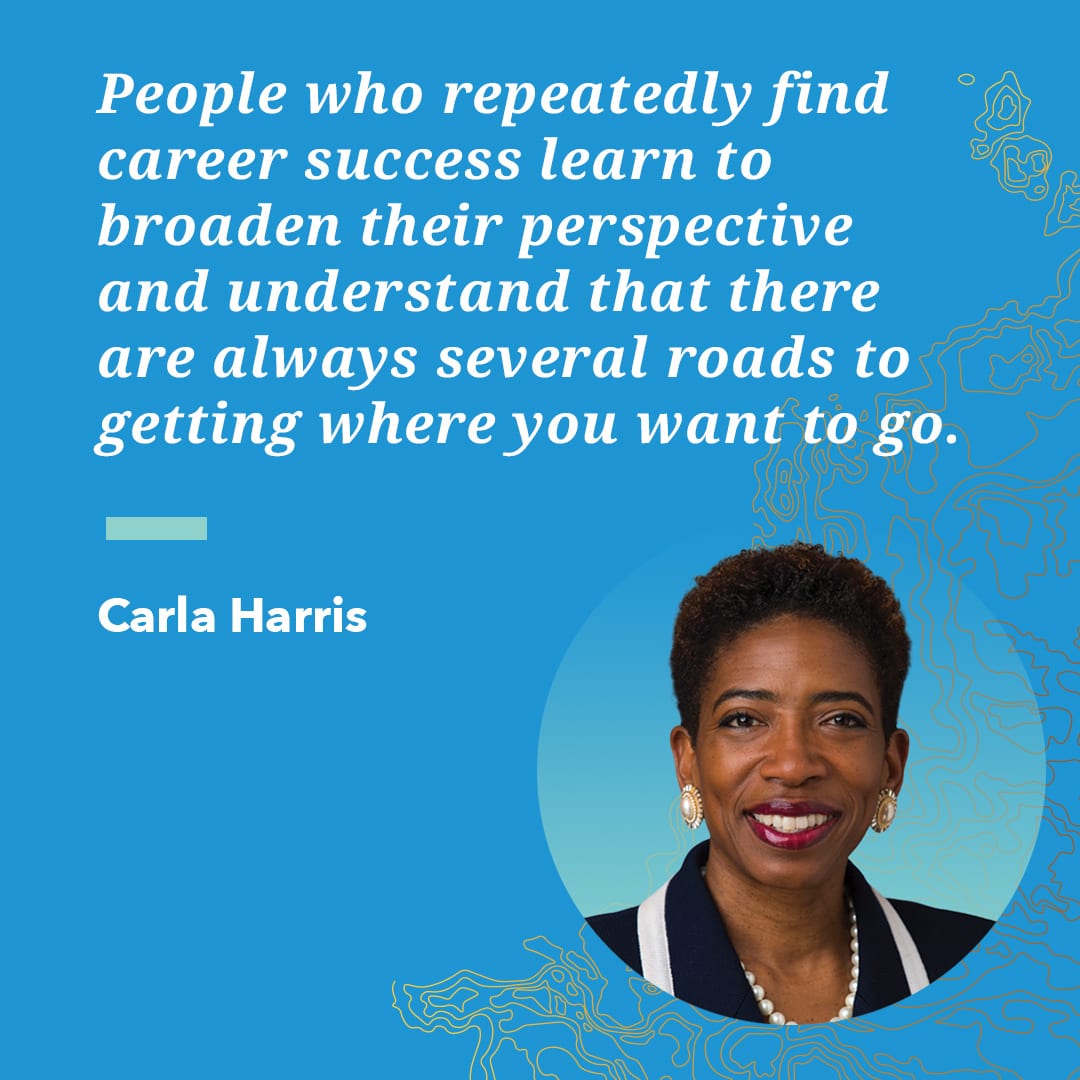
People who repeatedly find career success learn to broaden their perspective and understand that there are always several roads to getting where you want to go.

People who repeatedly find career success learn to broaden their perspective and understand that there are always several roads to getting where you want to go.
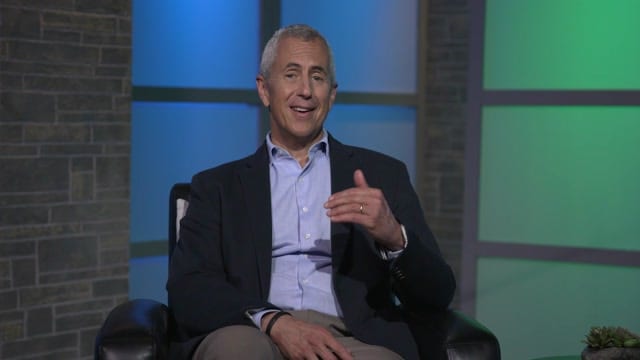
Danny Meyer discusses the distinctions between service and hospitality, and why both are essential for the customer experience.
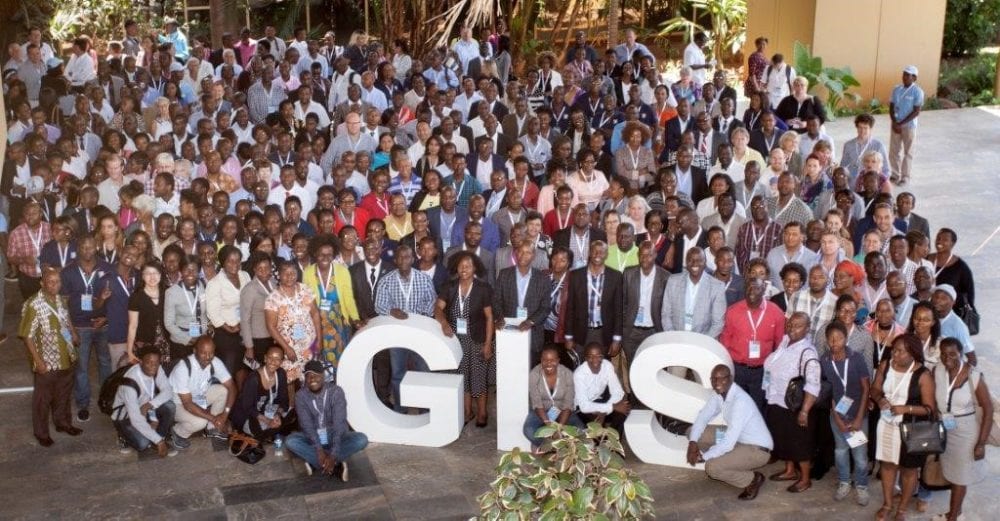
The Global Leadership Summit in Harare, Zimbabwe kicked off with a record attendance of close to 600 attendees. By end of second day, our numbers had gone up to 631 registrations! What a Mighty God we serve! The impact was amazing! Most of the attendees said, “this is the best Summit ever!”
But somehow we felt God saying, take your eyes off your circumstances and keep looking to me.
Interestingly, when we started marketing the GLS in mid-August after returning from Chicago, the response was not that great because of the prevailing turbulent economic times our country is going through right now.
Early on, this negatively affected our registrations to the point where our team wanted to postpone the Summit to the following year. But somehow we felt God saying, take your eyes off your circumstances and keep looking to me.
Thank God that I didn’t succumb to the economic pressures prevailing in Zimbabwe, but instead, trusted God and He came through for us beyond our expectations.
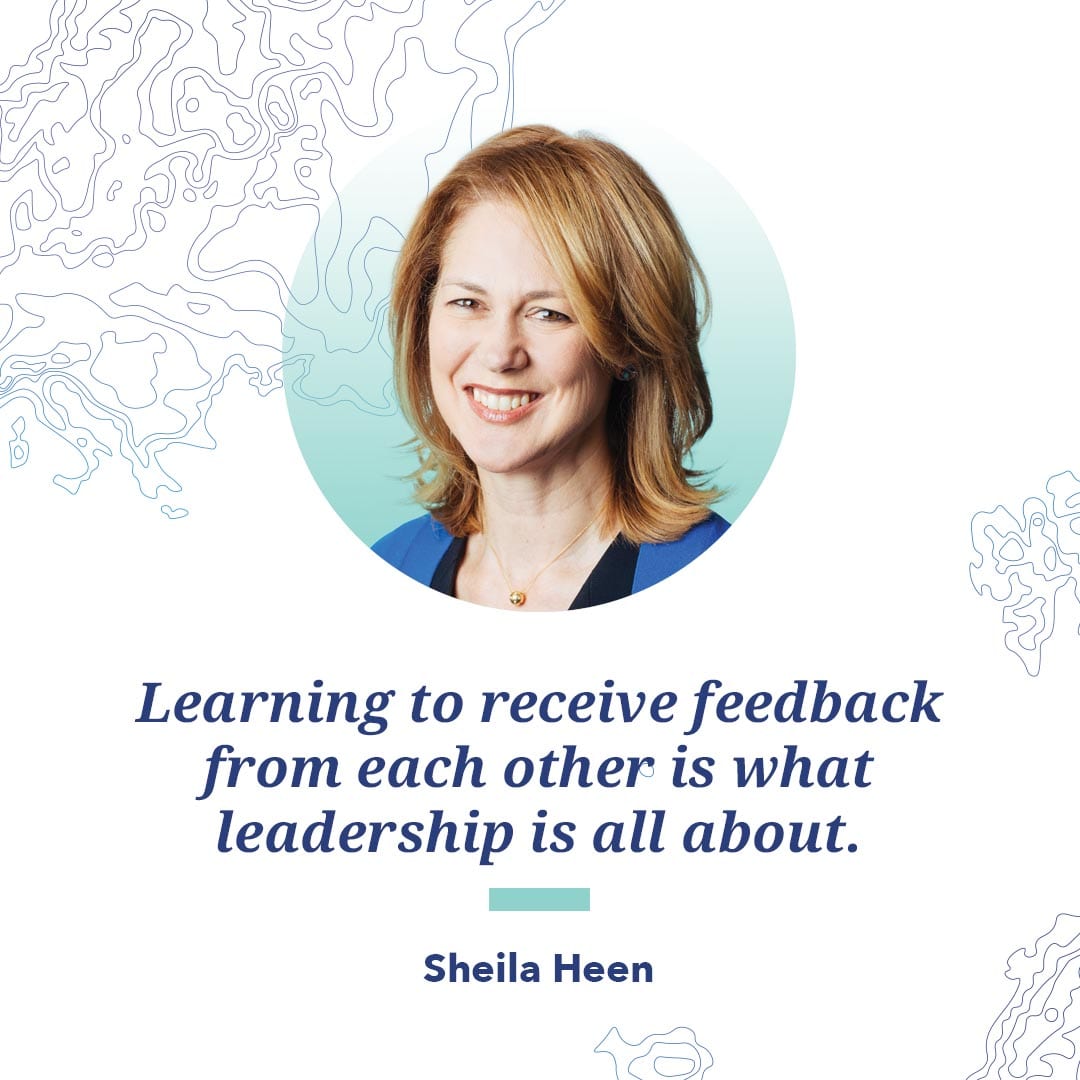
Learning to receive feedback from each other is what leadership is all about.

https://www.youtube.com/watch?v=NBgBy4vP_QE?rel=0
One thing that makes me especially interested in human goals is that they exist in a hierarchy. Picture a pyramid in your head of goals. From the very bottom-level, low-level goals I would call them, there are very specific, concrete things on your to-do-list.
To be gritty is not to hold steadfast to your to-do-list goals. To call this person back or write that email. To be gritty is to have a well-organized and aligned pyramid of goals, where the low-level goals serve mid-level goals, and the mid-level goals serve higher-level goals.
Ultimately you have what some scientists like to call an ultimate concern. That goal is the one that you are tenacious about; that you are stubborn about; that you wake up in the morning and go to bed at night aligned to, even if you have to switch out one of the low-level goal, because it is just not working.
Returning again and again to this question, “What is my top-level goal? What am I all about?” is a tremendously powerful exercise.
You should ask yourself to keep coming back until you get to a phrase (I would recommend 10 words or fewer) that says, “This is who I am.” Every small decision adds up to furthering this goal, which is your ultimate concern.
When I remember what my top-level goal is, it helps me make decisions all the way down the tree. My top-level goal is to help children thrive using psychological science.
I run every small decision that I need to make, today or tomorrow, through that test. Does this further that top-level goal?
If so, I completely have my priorities in order.
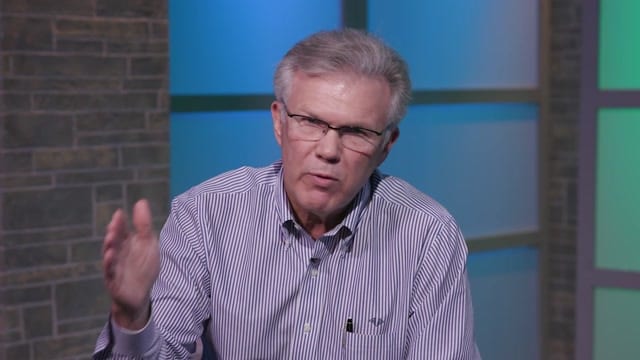
Al Lopus identifies the key factor that helps organizations move from a good culture to a great culture.

Lysa TerKeurst is president of Proverbs 31 Ministries, a ministry that works to reach women in the middle of their busy days by offering free devotions, a daily radio message and a variety of other spiritual training resources. In her new book, It’s Not Supposed To Be This Way, Lysa shares how leaders can walk through pain and disappointment in a way that honors God.
WCA: Tell us about the disappointment that prompted you to write this book.
LYSA TERKEURST: I had been very happily married for over 20 years when I experienced an unexpected upheaval in what I always thought was my safest, most secure relationship. There were addictions and an affair that became part of the devastation that entered my marriage. I’ve had my heart broken a lot, but nothing like this. This has been the hardest message to write because it was the hardest to live.
WCA: Your “upside down” hit at a time of great personal and professional success. What immediate steps did you take when you realized your life was radically changing?
TERKEURST: The most important thing I did was to open up to a couple of friends and tell them what was going on. When my faith got shaky, I knew I could stand on the faith of these friends. They would speak truth to me and remind me of who I was, even though my identity felt like it had been completely upended. Yet they could say, “Lysa, this is a tragic part of your life, but it doesn’t define your life.” That was important.
Also, I knew these friends would pray more words over me than they spoke to me or would speak about me. They were completely safe because I knew they were going to the Lord on my behalf. I kept that circle tight because I was very committed to not inviting the weight of public opinion into my family’s very private pain. I didn’t let the public know what was going on for 18 months.
On this side of eternity, God is the only match for our desire for perfection.
WCA: You had a very clear vision of where you were in God’s process during this time. You used the phrase: “between two gardens.” Why that metaphor?
TERKEURST: As I was walking through this journey, I felt like I kept losing my spiritual orientation. I was wrestling with that question so many people wrestle with, “How could a good God let so much hurt happen?” We do serve a good God. But we serve a good God who allows hurt sometimes.
The Bible started in the perfection of the Garden of Eden. Everything was perfect. Relationships were perfect. Humans walked in the perfect presence of God. That’s where the Bible starts. And the Bible ends in the restoration of the perfection of Eden. When I say “between two gardens,” I mean that we live in a time between the first Garden of Eden and the last Garden of Eden when perfection is restored. God’s great message to us is that nothing on this side of eternity will ever satisfy our desire for perfection.
We know that perfection exists because it is etched into the DNA of our soul. But we can’t achieve it between the two gardens. We don’t live there. It is a way of leading us home. On this side of eternity, God is the only match for our desire for perfection. Nothing else can ever satisfy us. That great desire for perfect connection can only come in our relationship with God.
Once we make peace with this reality, then we can make peace with our spiritual orientation. We are doing life between two gardens. In a practical sense sometimes, I’ll be going through my day and something will hurt and I can just step back and say, “Of course this is happening. It’s because I’m doing life between two gardens. It won’t always be this way, but this is the way it is now. This isn’t evidence that God is far away. In fact, it is a reminder that God is close and that I can be with him right now.”
WCA: You say, “disappointment is a way of God leading us to his heart.” How does that happen?
TERKEURST: The space between our experiences and our expectations is where disappointment grows. The enemy of our soul would love to rotate those disappointments and make us feel like God is withholding something from us. In reality, God allows us to experience disappointment so that we will always be reminded that lesser love will never satisfy us.
In Genesis 2, when God was giving Adam the rules of the garden, the first three words he said were, “You are free…” However, when the enemy speaks to Eve, he twists God’s first three words and says, “You must not…” The enemy wants us to believe we serve a God of restriction when we really serve a God of freedom. Disappointment comes when we believe that lie because we believe God is withholding something from us.
I have trained my mind to say, “God is not withholding, but he’s protecting me.” Somehow, this disappointment is protection.
WCA: Several of the strategies you used in your healing process run counter to conventional wisdom. Talk about that.
TERKEURST: I don’t like bumper sticker answers that people sometimes try to apply to deep pain. Those answers can cause more damage than good. As Christians, we like to be able to say things like, “God doesn’t give you more than you can handle.” But the problem was that I woke up every day knowing this was more than I could handle. The advice hurt more than it helped.
God will sometimes allow more than we can handle so we can learn to rely on His strength. I had many suggestions to God about how He could fix this, how He could change this, but God did it in a way that was outside of my ability to conceive. I would sit in His presence and let Him reveal Himself to me. I said in my book, “God doesn’t want to be explained away, He wants to be invited in.”
Whether your pain is emotional, spiritual, relational or physical, I don’t want to diminish it, but I do want to put it in this perspective. God loves you so much. He will answer your prayers at the right time and in the right way.
God will sometimes allow more than we can handle so we can learn to rely on His strength.
WCA: You say the enemy taunts us with the words, “you are not good enough.” A lot of leaders wrestle with imposter syndrome—that we are not good enough to be where we are. How do we avoid this trap?
TERKEURST: I think every leader hears that at some point. I’ve learned to flip that question on the enemy and I say, “You are right. I am not good enough.” Every time the enemy sends it out to me, I say, “Thank you for reminding me that I need God.”
WCA: You say it’s our choice whether we stay stuck in our hurt or get renewed in our hearts. How do we choose renewal over hurt?
TERKEURST: The biggest step is realizing renewal is a choice and there can be purpose to your pain. When we experience pain and it feels pointless, that’s where discouragement sets in. I am convinced there is a point to my pain. It is not just a deviation for a season. It will ultimately give me a great revelation from God. Recognizing that is empowerment. I am not going to be stuck here forever. I’m going to move forward and I’m going to help others move forward. And if that is the only other point to my pain, so be it. I’m going to make sure others move forward too.
To learn more about overcoming disappointment in your life, check out Lysa TerKeurst’s book here.
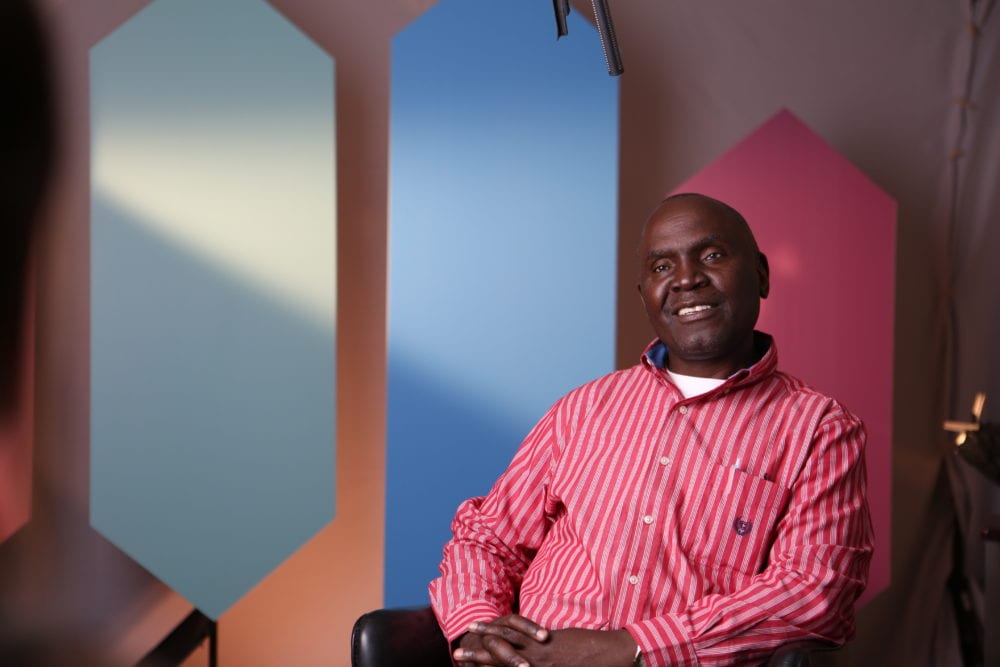
Much of the suffering in Zambia is due to a desperate shortage of servant leaders. Numerous high positions of every sort are occupied by people whose lust for power, control or profit blinds them to even the most elementary decencies. Much worse for the followers is that we love such leaders.
We love leaders whom we will serve. We like to see financially successful leaders (even though we have no idea how they got their riches) because we believe if they are successful, we will be ushered in that direction too. When we join a political party, we become a disciple and helper of that leader. In the same way, when we become a member of a local church, we become a helper of that bishop, apostle or reverend— whichever title you use.
Much of the suffering in Zambia is due to a desperate shortage of servant leaders.
In Zambia, members of a political party or a local church become the leader’s benefactors. It is not the other way around. In the process, we do not hold them accountable because if we do, we will be accused of raising a finger against God’s anointed and in the process we will be regarded as cursed.
Many of us do not understand that when we become Christians, we do not become Christ’s benefactor. We do not become His servant. It is Jesus who becomes our servant. (Mark 10:45)
Jesus does not need our help; he commands our obedience and offers his help. This is why becoming a Christian is a humbling thing. When we become Christians, we are confessing that we need help. And we turn to Christ and say, “we can’t be or do what we know we are supposed to be and do. We are desperate. We need something way beyond what is inside of us or in any other ordinary person. We need you. We turn to you. We have nothing to offer in trade or purchase. We trust you, Lord Jesus to show us mercy and grace. We trust you to be our servant.”
We know the apostles called themselves the “servant of Jesus Christ.” (Romans 1:1; James 1:1; 2 Peter 1:1) This is not a contradiction of what Jesus is teaching in Mark.
The idea of a servant is being used in two different ways. We are the servants of Jesus in that we submit to his authority and his right to tell us to do whatever he pleases. But we are not his servants in the sense that he needs our help and that his business in the world is sustained by our energy. He is not our servant in the sense that we command him how to live. He is our servant in the sense that he uses all his divine resources to help us and strengthen us and guide us and support us and provide for our need. And this what members of the church should expect from their church leaders. This is what members of a political party should expect from their leaders.
The Christian life is a life of serving others in the strength that he, as our servant, supplies to us.
When we submit to Jesus in that way, He makes heroes out of us. He told his disciples you will do greater things than what I do. Christ becomes our servant. And when he does, all of his other fundamental commands are no longer things we do for him, but things he enables us to do for others.
The Christian life is a life of serving others in the strength that he, as our servant, supplies to us. It is loving others with the love he gives us as our servant. It is sacrificing and suffering with the hope and joy and patience that he gives us as our servant.
Zambia needs Christian church and political leaders who walk in the shadow of our servant King. Let our prayer this season be that our leaders will be committed to staying in the path where they love to serve God’s people and make heroes out of them, not the other way round. Let us follow leaders whose aspiration isn’t financial success but selfless servitude.
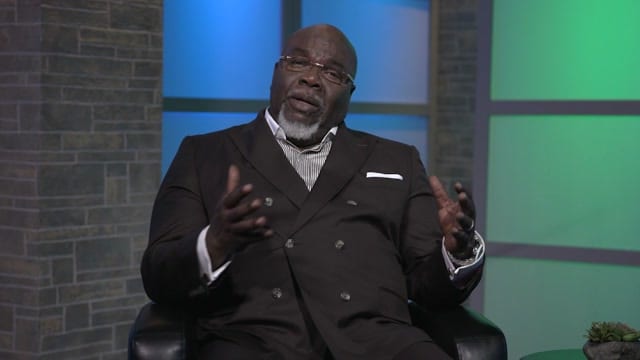
T.D. Jakes encourages leaders to trust God, even when you don’t see results immediately.
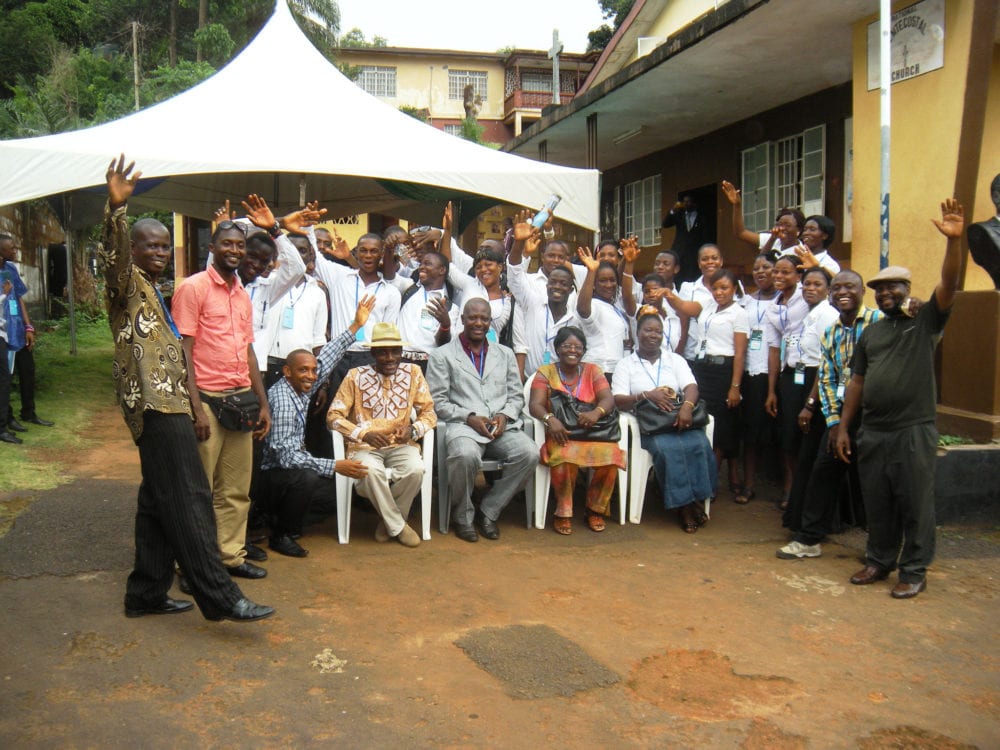
Every Tuesday and Thursday morning at 8:30 am CST, our staff gathers together to pray for our partners across the globe.
Please join us in prayer as we lift up the international Summit events happening this weekend. Pray for God’s anointing on every detail and that those who attend would leave feeling equipped, inspired and encouraged to lead the change they long for in their communities.
And if you have a prayer request, please share it with us. We would be honored to pray with you!
Mbabane, Swaziland
Antananarivo, Madagascar
Gombe, Nigeria
North Shore City, New Zealand
Tirana, Albania
Freetown, Sierra Leone
Niamey, Niger
The people are good people, but it is difficult to be a Christian leader here. We have a responsibility to provide spiritually and physically for the people and talk about the Bible. And we also must take care of the new believers, especially with the persecution of Christians in this country. Our prayer is that the church would have a great voice in the nation. We don’t want fear to keep us down. We want the church to come together, give a hand to one another, and be strong with one another, winning the nation for Christ.
Bratislava, Slovakia
Lafia, Nigeria
Hsinchu, Taiwan
Lagos, Nigeria
Bamenda, Cameroon
It’s kind of challenging, but over the years, my big dream for Cameroon has been to see righteousness installed in the nation. Cameroon is a very blessed nation. We are endowed with a lot of natural resources, but we are not able to exploit that to the benefit of the people of Cameroon. “Everybody wins when a leader gets better.” When we are able to impact society—the system that is in place—to the point that they are able to understand Christian values and leadership skills and apply them, then like the Bible says, “Righteousness exalts the nations.” When that happens, we can really see the resources God has put into the country begin to be profitable to the people.
Auckland, New Zealand
Taunggyi, Myanmar
Krakow, Poland
Rotterdam, Netherlands
Chernivtsi, Ukraine
Lisbon, Portugal
Belagaavi, India
Kisumu, Kenya
Oruro, Bolivia
San Fernando de Apure, Venezuela
Puerto Ordaz, Venezuela
Oradea, Romania
Hradec Kralove, Czech Republic
Boston, United States
Astana, Kazakhstan
Boston, United States
Karakol’, Kyrgyzstan
Distrito Nacional, Dominican Republic
Villa Nueva, Guatemala
Tegucigalpa, Honduras
I love my country, but we need great leadership. We need people who to make decisions to benefit others, rather than themselves. As a leader, you have to be a servant. As a leader, you have to do the tough work. You have to do things when no one is watching. Do things when the honor is going to someone else. Pray for more servant leaders in Honduras.
Managua, Nicaragua
Cancun, Mexico
Mazatlan, Mexico
Sonsonate, El Salvador
Cakovec, Croatia
Arusha, Tanzania
My vision is to reach more young men and women so they can learn about leadership and can develop their leadership skills. Everyone wins when a leader gets better, so if these young men and women get better as leaders, I believe the economy in Tanzania is going to thrive even more than it is now.
Otautau, New Zealand
Concepcion, Chile
Charleroi, Belgium
Bengaluru, India
Chennai, India
Indoor, India
Novi Sad, Serbia
Our youth need to be encouraged and reminded they have potential and are designed by God. Because of the Summit, I’m drawing closer to students, and I started to work with youth to care about them, serve them and encourage their potential. Even though someone may be coming from a hard, dysfunctional family, God can still use them to be tomorrow’s successful fruit-bearing leaders. My grander vision over the next 10 years is to see the Summit increasingly become a tool of encouragement for young people to help them develop their potential, see their gifts and talents, and trust more in God for the future.
Concepcion, Chile
Erdenet, Mongolia
Hanoi, Vietnam
Undisclosed location
“We welcome and encourage comments on this site. There may be some instances where comments will need to be edited or removed, such as:
If you have any questions on the commenting policy, please let us know at heretoserve@globalleadership.org”
Recent Comments